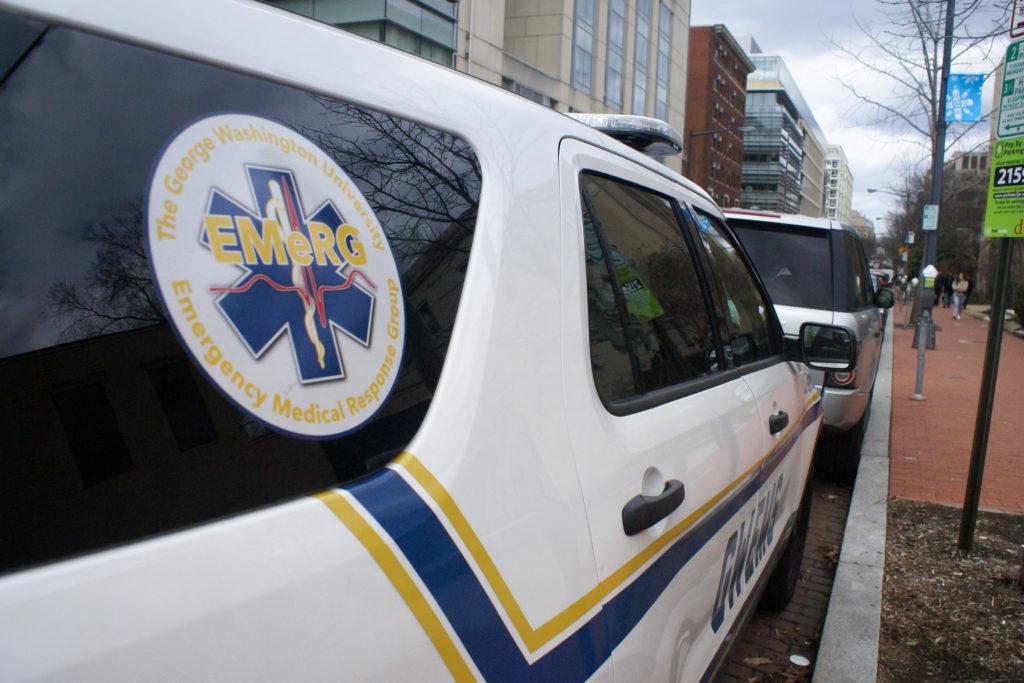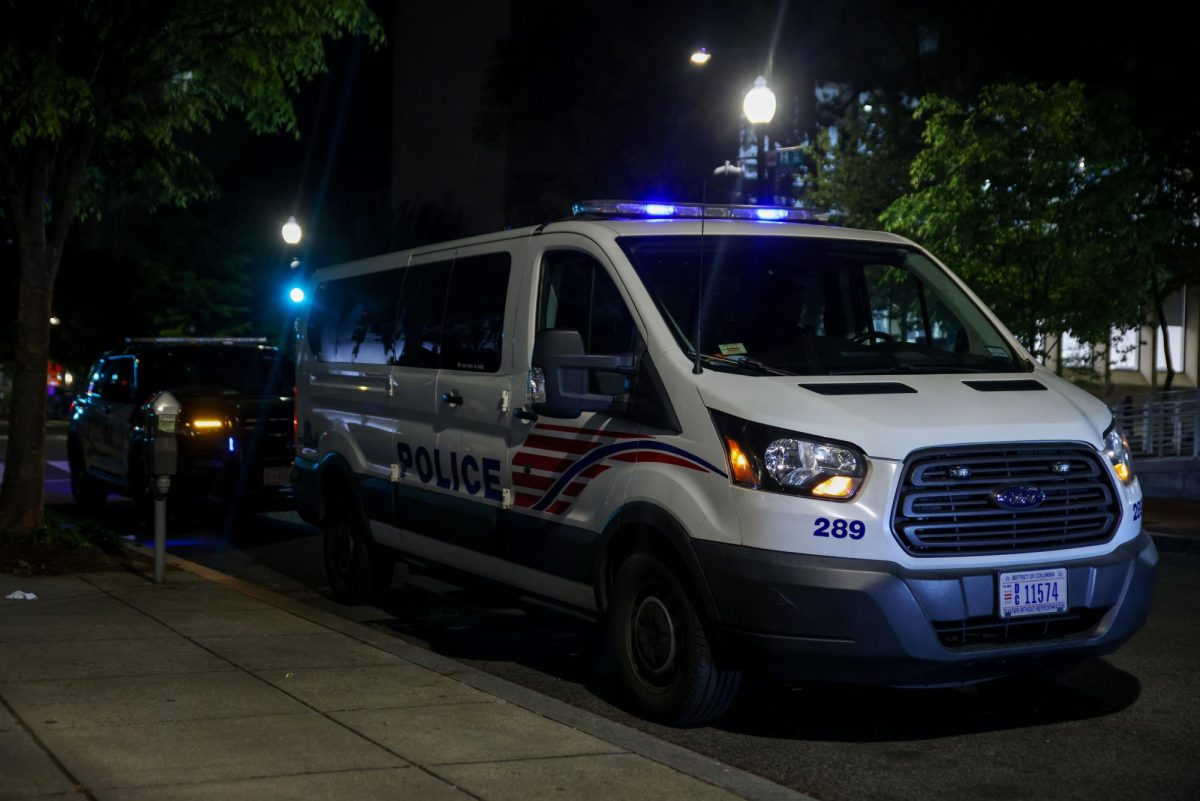Student medical responders are on track to answer the fewest number of calls and transport the fewest number of students to the hospital in at least four years.
As of Jan. 15, the Emergency Medical Response Group – better known as EMeRG – had responded to 376 total calls and transported 198 students to the hospital this fiscal year, which runs from July 1, 2018 to June 30, 2019. That number is on par with or lower than responses and transports at this time last year, when the group wrapped up the fiscal year with 701 calls and 443 transports, officials said.
The numbers continue a downward trend in EMeRG responses that started as early as fiscal year 2015, the earliest year for which data was available. That year, the service responded to 835 calls, 539 of whom were students. About 500 students were transported to the hospital that year, officials said.
In total, EMeRG responses have dropped by roughly 16 percent over four fiscal years.
Darrell Darnell, the senior associate vice president for safety and security and superintendent of police, said the number of calls “fluctuates” year to year but usually remains in the same range. He said the drop in responses could be linked to an increase in urgent care centers in the D.C. region.
“These provide patients more options to medical services outside of the traditional business day,” he said in an email. “This enables patients seeking medical care during the night or weekends opportunities to be seen by a medical professional in a medical office and not the emergency room.”
He said people often believe that EMeRG most often responds to treat intoxicated patients, but those calls only make up about 17 percent of total responses. He said about 19 percent of calls are linked to traumatic injuries, like falls or sudden physical symptoms.
Darnell said patients are assessed before being transported to GW Hospital using standardized clinical operating guidelines, which address whether patients possess the right to refuse care or transport.
Darnell said a decision to transport a patient is made between the crew chief, the primary provider on each call and the field supervisor, who oversees the shift. Darnell said the field supervisor goes through an “extensive training process” that includes assessments on their “clinical and operational decision-making.”
“They are ultimately responsible for all clinical and operational matters on the shift and are consulted after the initial assessment for each patient,” Darnell said.
Ben Sherman, the vice president of public relations for EMeRG, declined to comment on EMeRG’s operations and call volumes, deferring to Darnell.





